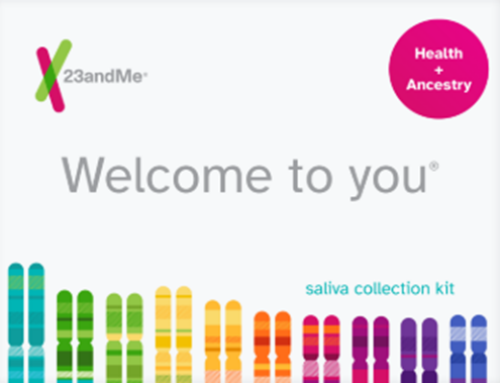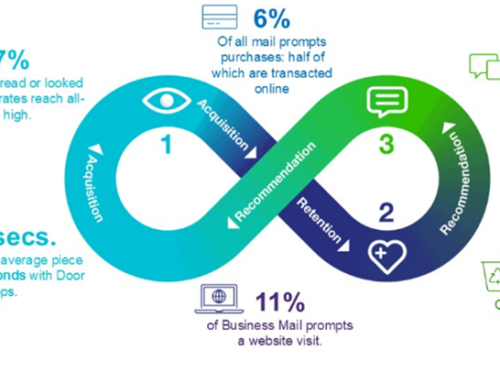In Conversation with MS Society: Exclusion is Key – It’s Not What They Want, It’s What They Don’t Want That Counts
In the increasingly tricky world of data management, the key to success often lies in the details of what you exclude rather than what you include. This principle is nowhere more critical than in the charitable sector, where sensitivity and precision in data handling can significantly impact both operational effectiveness and the well-being of those they serve.
We recently spoke with Rachel Draper, Database Manager at MS Society, about their approach to data cleansing using SwiftCleanse, which is proving key for ensuring that their communications are both accurate and respectful.
Generating Goodwill through Relevant Communications
The value of data cleansing for the MS Society is measured in several ways. Firstly, there is the goodwill generated by ensuring that contacts receive only relevant information. This approach helps prevent distress and maintains positive relationships. For instance, if someone does not wish to receive communications about Father’s Day, this preference is recorded, and they will not receive related mailings.
Sensitivity to Individual Circumstances
Sensitivity is paramount for condition-specific charities like the MS Society. Many recipients live with MS and may not want communications sent to shared mailboxes (physical or online) where other residents or family members could see them. The MS Society’s data cleansing processes take these individual circumstances into account, prioritising exclusions based on legal requirements, channel preferences, and opt-in choices.
The Importance of Deceased Suppression
Another significant aspect of data cleansing involves deceased suppression. It’s crucial that mailings are not sent to people who have passed away. This practice is not only about maintaining the integrity of the charity’s marketing efforts but also about showing respect and sensitivity to their contacts. Deceased suppression ensures that families do not receive distressing communications about their loved ones, which can be particularly harmful in the context of a charity focused on a serious condition like MS.
Sensitivity in the Charitable Sector
The sector is particularly sensitive and risk-averse when it comes to data management. Unlike some sectors, charities have strict policies regarding data processing. For example, the MS Society chooses not to trace ‘goneaways’ (individuals who have changed address) to their new address because it is considered a form of profiling. In line with GDPR regulations, the organisation believes in processing data only as much as is absolutely necessary.
The overall aim is to remain compliant by maintaining data accuracy.
Reducing Mailing Costs
Another measure of value is the reduction in mailing costs achieved through precise data cleansing. Maintaining CRM data in-house allows the MS Society to turn data around quickly and retain control over the process. This means it isn’t reliant on a mailing house to feedback all the nuances, highlighting the flexibility and efficiency of managing data internally.
Leveraging SwiftCleanse for Flexibility
Furthermore, using SwiftCleanse there is the ability to finesse datasets. For instance, deceased records can be set to an ultra-strict level, while other criteria can be adjusted more broadly. And the ability to run counts and evaluate datasets is particularly valuable for budgeting purposes.
Transitioning to a New CRM System
The MS Society is currently transitioning to a new Customer Relationship Management (CRM) system. Having a solution from The Software Bureau that can work directly within the new ecosystem will be incredibly beneficial, allowing for smoother data management processes and high data accuracy from the outset.
For more information about any of our solutions please get in touch!





